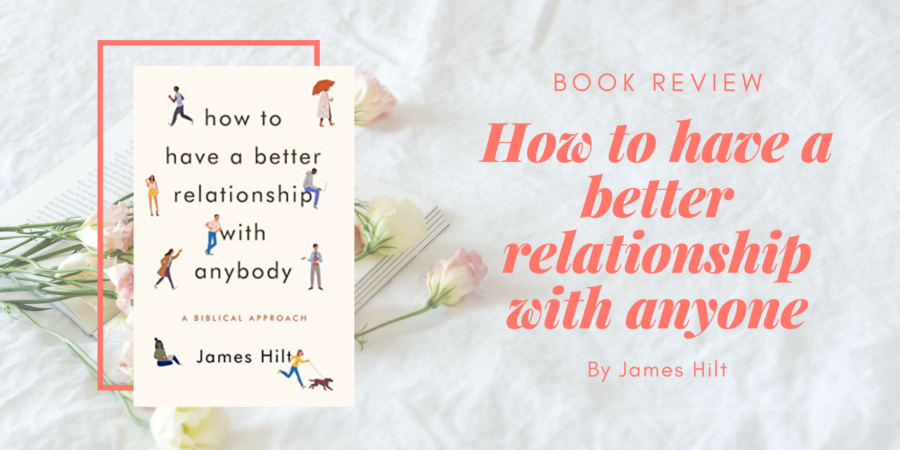As someone who’s made her fair share of relationship missteps over the years, How to Have a Better Relationship with Anybody intrigued me when I saw it on NetGalley. It’s a look at relationships from a Christian perspective, and I found that it complemented God’s New Community and The Meeting Class quite well. While those two books focus on the importance of community, How to Have a Better Relationship with Anybody looks at how the individual functions within the community.
How to Have a Better Relationship with Anybody looks at 21 aspects of relationships, from avoiding bitterness and daring to connect to escaping jealousy and being vulnerable. Each chapter comes with a Biblical explanation of why this aspect of a relationship is important and ends with suggestions for practical steps that you could implement.
Some points that struck me were:
- Bitterness is long-lasting but often overlooked. It’s something that we need to work out because the one who’s hurt by it is us – the more we ruminate and nurture the roots of bitterness, the larger its effects on us.
- We must learn to have self-acceptance in Christ – that’s different from self-centred pride.
- Accepting things does not mean we should relish the hurt or count it as good, or as the book puts it, “acceptance is not approval.” Neither should we be praising God for evil things. As Paul Tournier puts it, “Accepting suffering, bereavement, and disease does not mean taking pleasure in them, steeling oneself against them, or hoping that distractions or the passage of time will make us forget them. It means offering them to God so that He can make them bring forth fruit.”
- Loving someone means confronting them in love if they need it, especially if they are part of the Body of Christ.
- Sometimes, God brings people into our lives to show us our faults (the book also cautions us that we shouldn’t assume everyone is brought into our lives for this purpose, but to remain sensitive to this possibility).
There are some very good reminders on how I should be interacting with others, but I did notice something in the book that made me uncomfortable. In one section, the author states that many “mental disorders are bitter attacks on others”. I definitely don’t agree with this and I think it’s a harmful generalisation. This doesn’t appear again in the text and the author doesn’t elaborate on it, but I felt it was noteworthy because the book is generally on point and I was disappointed by this statement.
Overall, I found this book to be a useful reminder on how we can work on ourselves (including accepting ourselves) to have better relationships with others. There is one area for concern, but for the most part, this should be helpful to Christians who are looking for practical advice on how to improve their relationships.
Disclaimer: I received a free copy of this book from NetGalley in exchange for a review.
Featured Image: Photo from Canva
